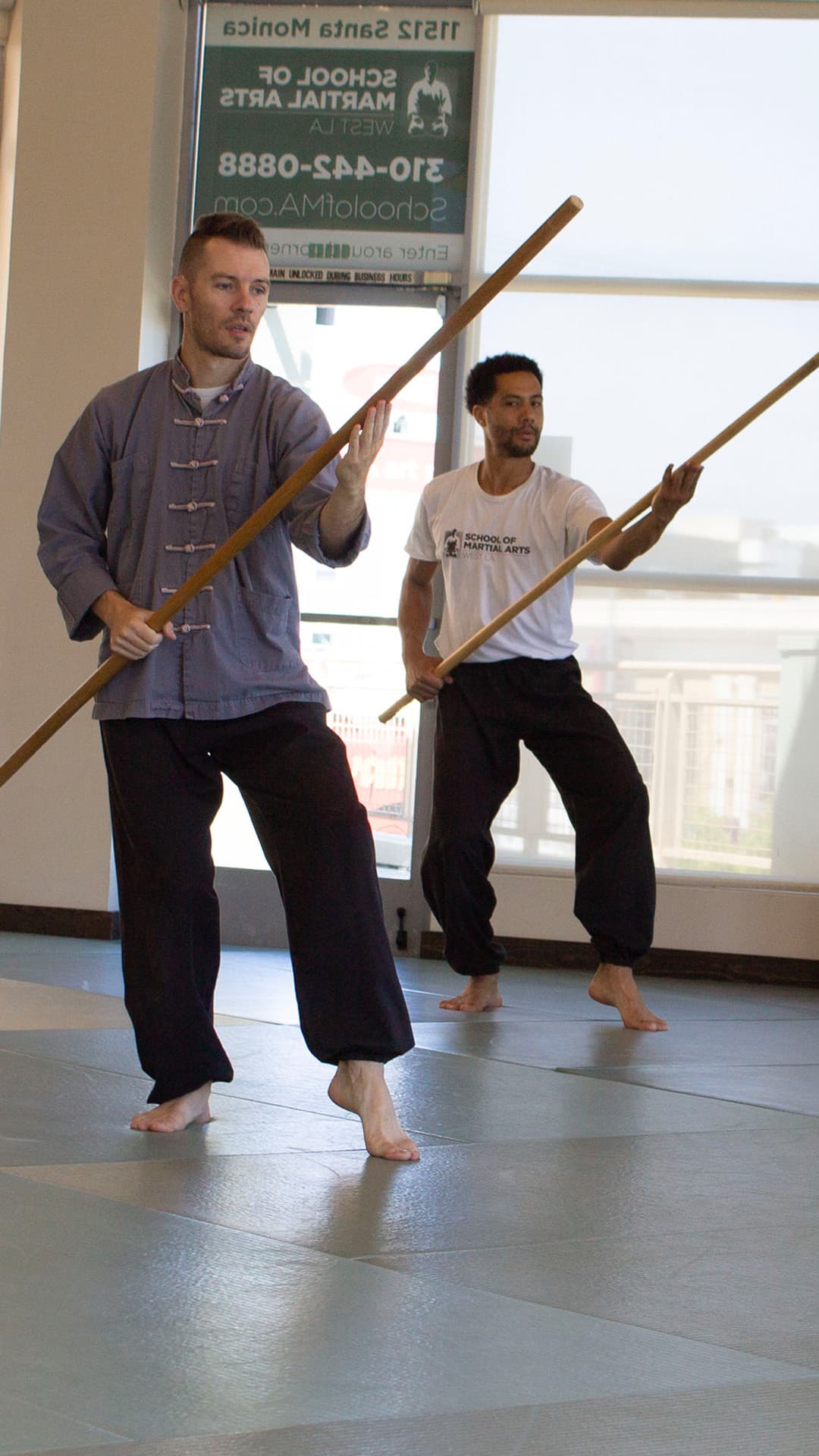 When I was a child I was given a book with the title My Book About Me. It was a Dr. Seuss book with illustrations. There was a picture of me looking funny with an oversized baseball hat that my parents helped me tape to the front. I filled out a series of superficial items from inside the book (“my eyes are this color, my nose looks like this”, etc). Then the book got a little deeper with pages like “I love eating ____, but please don’t make me eat ____.” It was fun to fill the book out. Of the items saved from my childhood, this book is one of the coolest. Though Martial Arts and meditation are nowhere in this book, it definitely captures my enduring goofiness.
When I was a child I was given a book with the title My Book About Me. It was a Dr. Seuss book with illustrations. There was a picture of me looking funny with an oversized baseball hat that my parents helped me tape to the front. I filled out a series of superficial items from inside the book (“my eyes are this color, my nose looks like this”, etc). Then the book got a little deeper with pages like “I love eating ____, but please don’t make me eat ____.” It was fun to fill the book out. Of the items saved from my childhood, this book is one of the coolest. Though Martial Arts and meditation are nowhere in this book, it definitely captures my enduring goofiness.
The question of the week in the dojo is “What story am I telling myself about me?” This concept of stories we tell ourselves is an important one. As humans, we relate to the world and our lives through stories. This narrative helps us to put things into perspective, to learn and perhaps most importantly to predict the future. This ability is necessary from an evolutionary perspective to keep up alive and thriving.
A story can be completely factual, part fact/part fiction, or pure fiction. Most of the stories we tell ourselves are at least somewhat fantasy. For example, if we struggle learning a posture in Tai Chi, we begin to tell ourselves the story that sounds like “I’m no good at this,” or “I’ll never be good at this.” This story isn’t very helpful, partly because it’s a fantasy. In reality, we tried to do something and failed at only some of it. We likely ignore the part we did well. We also make the incorrect assumption that the past equals the future. What happened yesterday isn’t what needs to happen today.
I recently had an experience in Brazilian Jiu Jitsu where a less experienced student submitted me. He’s been good enough to give me trouble for a while, and I tend to tell myself the story that he’s going to beat me whenever we get a chance to roll. This time, I found myself feeling slightly embarrassed that he tapped me, and even questioning my overall ability.
This week’s question reminded me of My Book About Me because it was mostly silly and totally written by me. When we realize the stories we tell about ourselves are largely fictional and created by us, we can take power over this dynamic. We can choose to stop telling stories (almost impossible) or create better, more empowering stories. Instead of focusing on our failures, we can tell a story about our successes. We can focus on the fact that we are disciplined, that we keep showing up. We can focus on the small, steady improvements in our practice. Instead of focusing on the fact I got submitted in Brazilian Jiu Jitsu, I can focus on what lessons I learned. I can tell myself a story about how I have the opportunity to get great because I grapple with people who are tough and can beat me.
Spend some time thinking about this question this week. Seek awareness of the stories you tell yourself. If they are unhelpful, create new stories.




Orell Anderson
Ryan, how delightful to find you here. I have been impressed in a most auspicious way with you and your friends while attending the Mt. Baldy Zen Center. Kind regards, ~ O